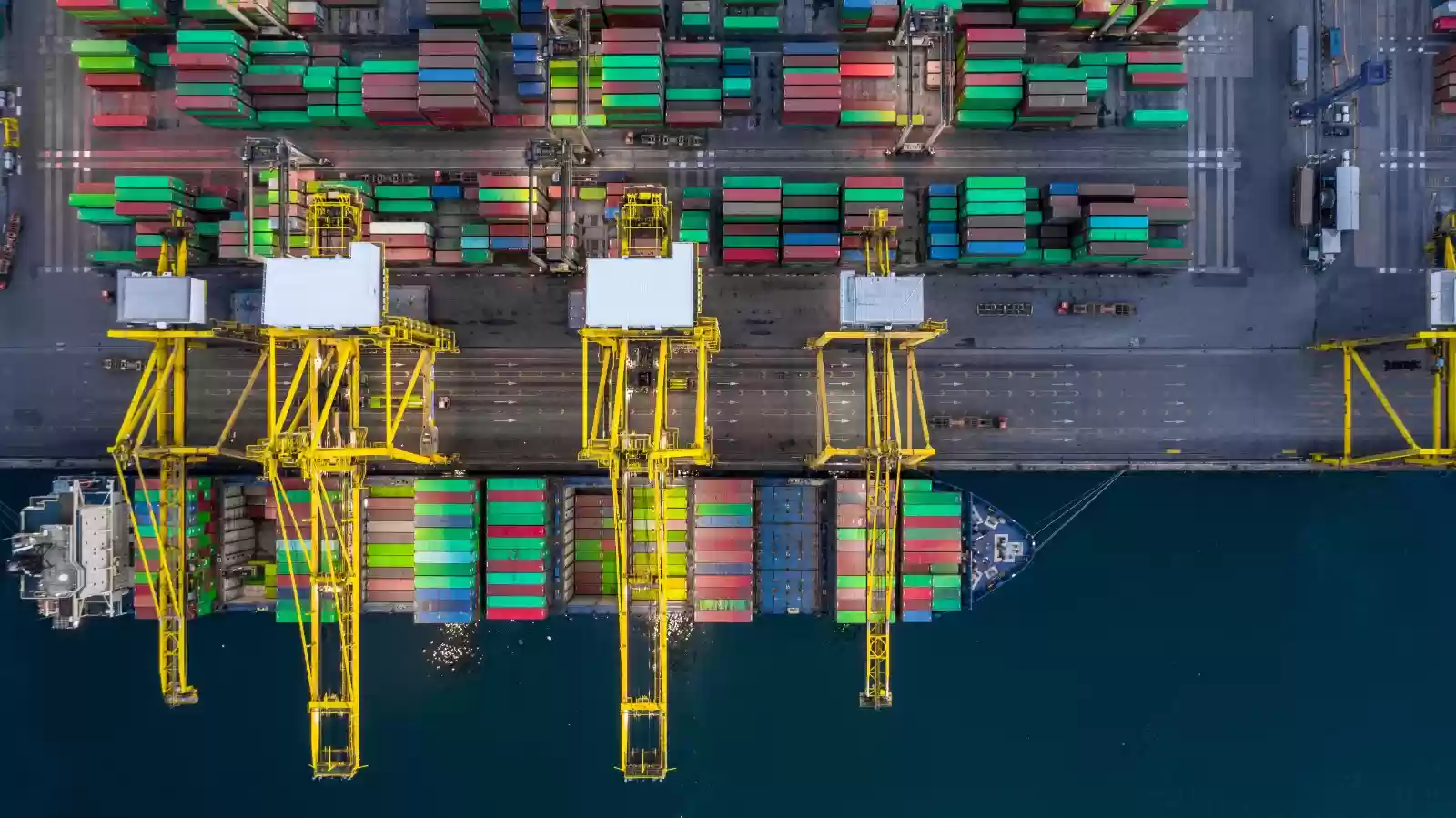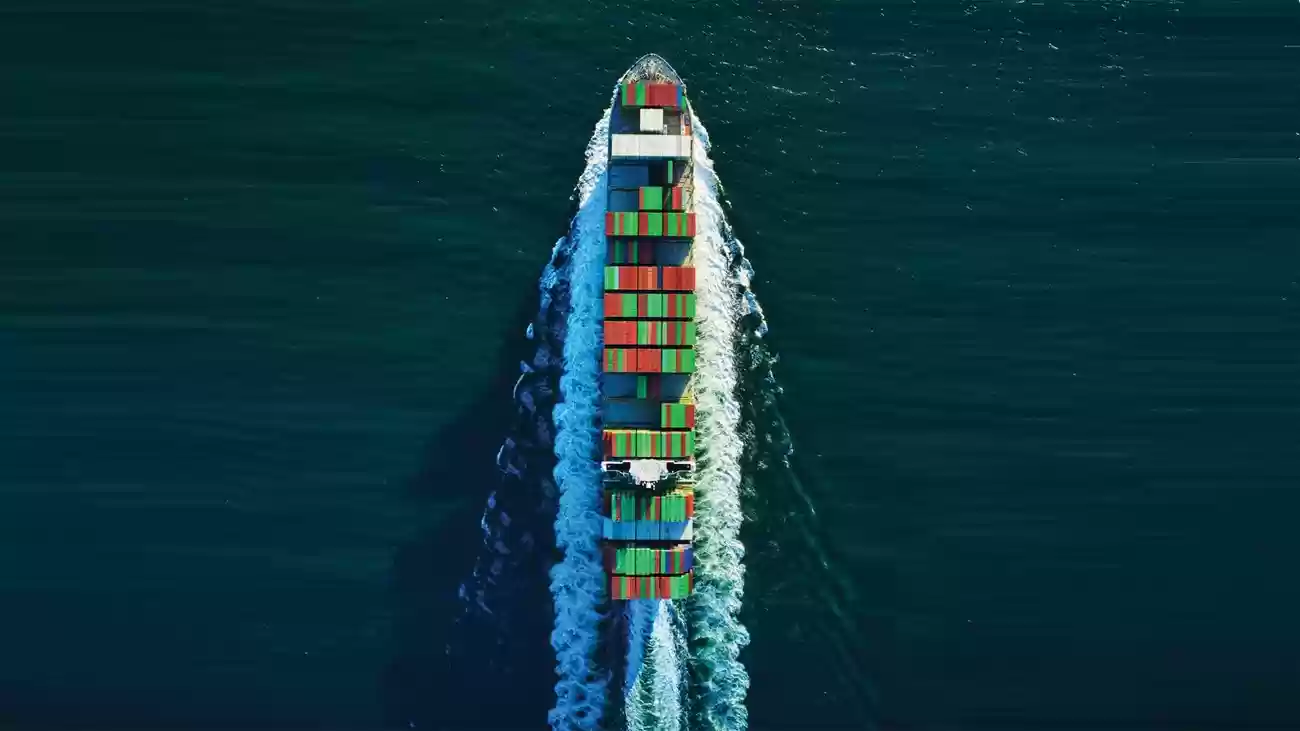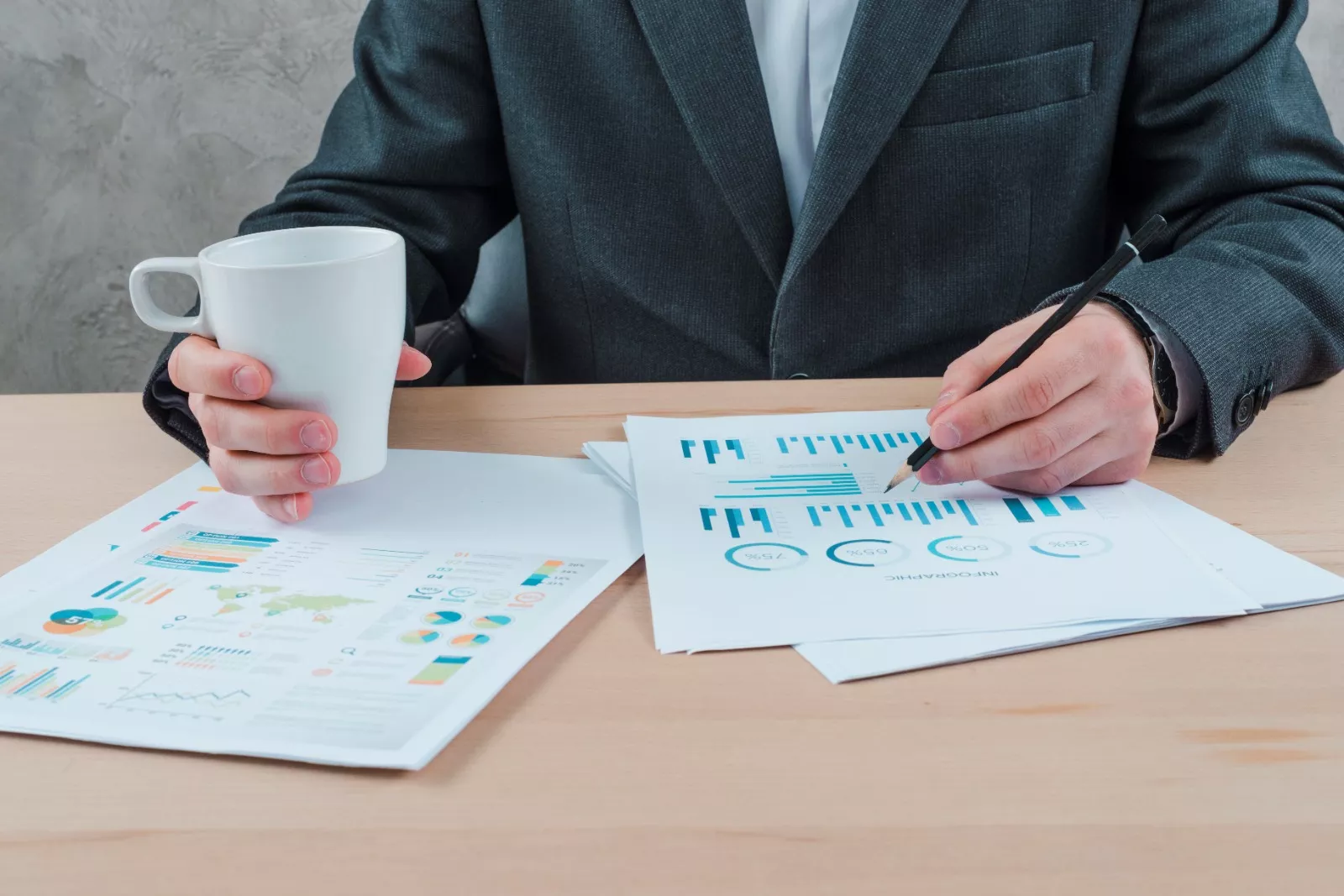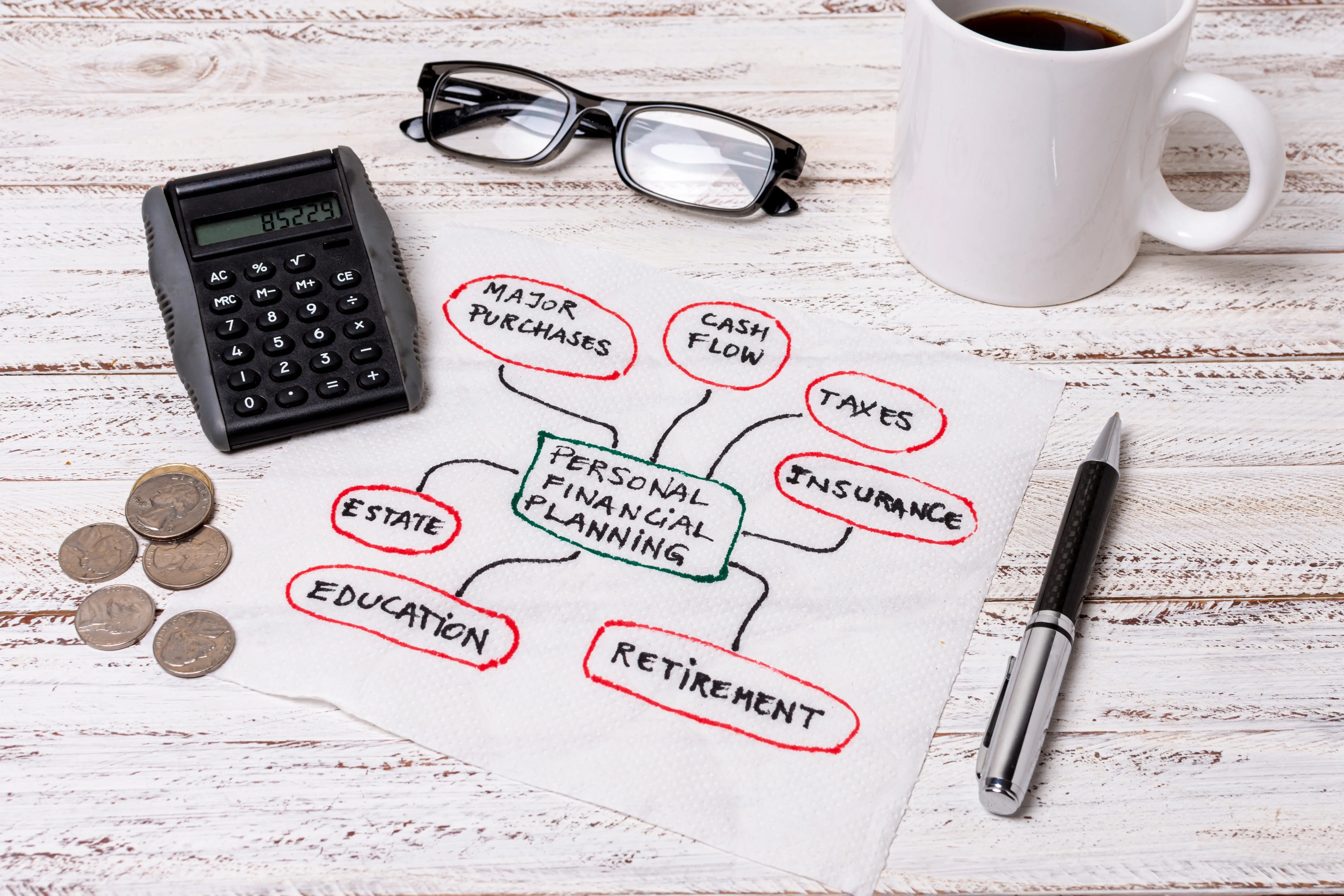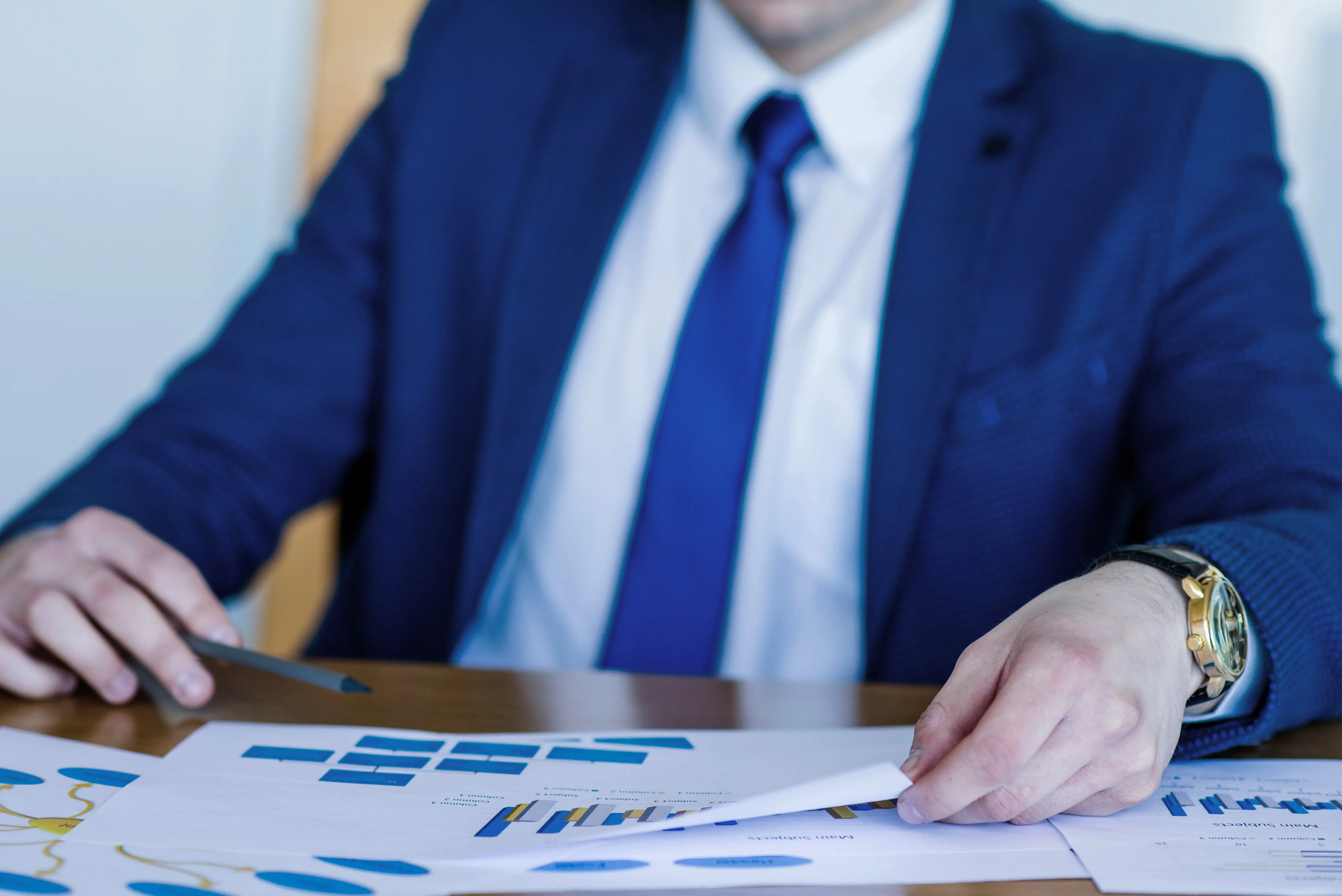- English
 +971 4 321 5445
+971 4 321 5445
The UAE ports handle 25,000 ships annually
The country's merchant marine fleet reaches 1,000 ships
الصورة
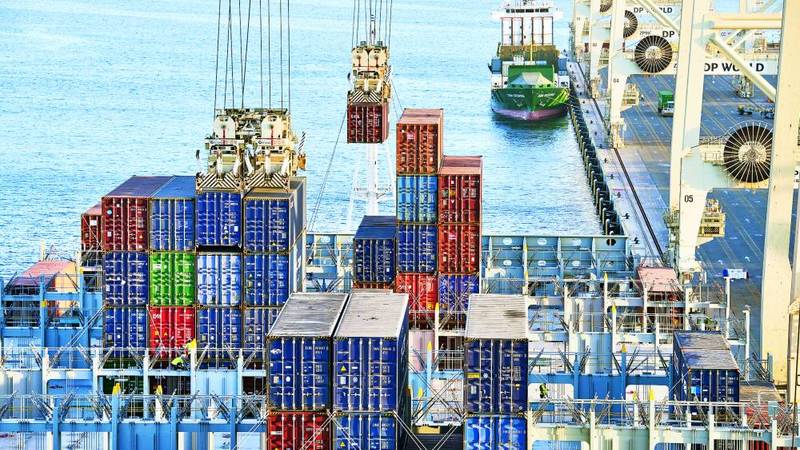
Farouk Fayyad
Saeed bin Saleh Al Marri, CEO of Ethra Invest Company, said that dry goods constitute about half (48% and more) of the UAE’s total non-oil
maritime foreign trade during the past years.
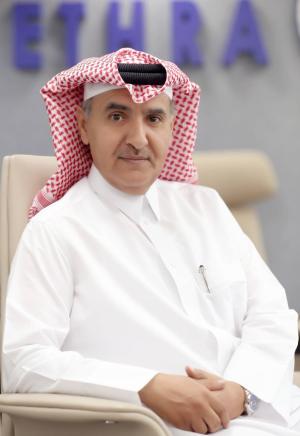
Al-Marri added: Studies expect; Maritime trade in dry goods will grow at a significant rate, and the profits of ships known as international cargo carriers of various sizes will increase, which will increase cash flows and raise the level of effective employment.
Al Marri said in statements on the sidelines of the company’s preparations for the “Seatrade” conference and exhibition specializing in logistics and maritime services, on May 16, which is organized by the Ministry of Energy and Infrastructure: The UAE has made tremendous contributions to enhancing the growth of foreign trade and the shipping sector in general, as it has taken important steps to support And protect...the sector, and it tops the most important global competitive indicators in the maritime and logistics sector, led by “Agility” for emerging markets and the shipping sector.
The UAE ranked third in the world in facilitating maritime trade and supplying ships with fuel, fifth in the world among the most important global maritime centers, and ranked 13th in the world in the port services and performance efficiency index, indicating that the country’s ports are ranked among the top ten global ports in terms of size. Container handling, which employs more than 27,000 maritime companies in the UAE, is among the best in the world in terms of port and handling services.
A promising investment
Al Marri stressed the importance of increasing investment in the maritime and shipping sector, as it provides promising opportunities in light of the rapid growth of the maritime transport and international goods sector at a compound annual growth rate of 2.8% annually until 2026, after achieving a compound annual growth rate of 2.8% annually until 2026. A growth rate of 2.1% between the years 2015-2019
Al Marri explained: The maritime sector’s contribution to the UAE’s gross domestic product amounted to more than 90 billion dirhams, as more than 15 million containers were handled through the country’s ports during the year 2020, and more than 25 thousand commercial ships operate through the various ports of the Emirates, the most important of which is “the port of Jebel Ali” with tonnage exceeding 21 million tons, while the size of the UAE fleet is approaching 1,000 ships.
Al Marri pointed out the importance of the UAE's re-election to the IMO Council for the third time in a row, which highlights the country's efforts to advance the global maritime sector by achieving safety, security and efficiency of maritime transport, and that the UAE continues to confirm its leading position as a global maritime center.
Challenges:
Regarding the challenges and risks that may face maritime shipping and tankers operating in the sector; Al Marri said: The risks of investing in maritime shipping can be reduced in several ways, such as using various hedging techniques to reduce risks to a minimum, and fully insuring ships by international companies against sinking, piracy and natural disasters.
He continued: Multiple levels of marine insurance can be established through groupings of major insurance companies with the aim of reducing risks such as war risks, lease contracts, insurance on ship hulls, marine machinery and equipment, protection and compensation work, shipping and delay fines. .
Al Marri pointed out that all ship contracts are usually semi-annual or annual to ensure stable returns and avoid market fluctuations. Investors also receive quarterly performance reports on their investments and can also track the ships they have invested in when needed.
Ministerial 13
The UAE is hosting the 13th Ministerial Conference of the World Trade Organization, where the organization's advisory body - which meets once every two years - will meet in Abu Dhabi in the first quarter of 2024, putting the UAE at the heart of talks that will shape the future of global trade.
The Thirteenth Ministerial Conference of the World Trade Organization is considered one of the most important events in the course of the modern World Trade Organization.
The Thirteenth Conference provides the opportunity to achieve effective reforms in the World Trade Organization itself, and to enter into a new wave of measures that will protect the future of the organization as a reliable international body that supervises the multilateral trading system.
Hosting the conference reflects the UAE's position as a major supporter of the free flow of trade and investment between various countries of the world. It is also the culmination of the qualitative leaps that the UAE has achieved in terms of economic growth and diversification in recent decades, which were pivotal in the country’s ambitious vision to launch a new era of sustainable economy.


